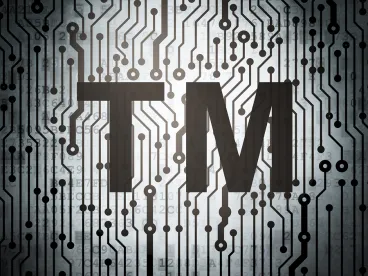In Waterdrop Microdrink GmbH v. Qingdao Ecopure Filter Co., Ltd., the District Court for the Central District of California denied a motion to compel compliance with a subpoena relating to a Trademark Trial and Appeal Board (“TTAB”) proceeding, because the subpoena was never signed by the Clerk of the Court — despite the fact that the Board’s own operating manual, the Trademark Board Manual of Procedure (“TBMP”), states that a subpoena in a TTAB proceeding could simply be signed by an attorney. This a noteworthy change in the jurisprudence surrounding TTAB proceedings and is something that all TTAB practitioners must be mindful of when seeking third-party discovery.
The Plaintiff in this case, Waterdrop Microdrink GmbH, served a third-party subpoena on EcoLife, but EcoLife refused service. Plaintiff claimed that TBMP Section 404.03(a)(2) allows the issuance of a subpoena by an attorney authorized to practice in the issuing Court. EcoLife, on the other hand, contended that 35 U.S.C. Section 24, the law actually governing third-party discovery in Board proceedings, requires a subpoena to be issued upon application to and by the Clerk of the Court. In addition, EcoLife asserted that the TBMP and the Federal Rules of Civil Procedure cannot supersede the “plain language” of 35 U.S.C. Section 24. In other words, EcoLife argued that the plain language of the statute must control, and the “guidance” offered by the TBMP cannot and does not change the law. The Court agreed.
Siding with EcoLife, the Court declined to enforce the subpoena signed by counsel because it failed to meet the requirements of the statute: “Section 24 sets forth the procedure by which a party can obtain issuance of a subpoena, and Plaintiff did not follow that procedure.” Judge Donahue also cited the 10th Circuit opinion El Encanto, Inc. v. Hatch Chile Co., where Justice Gorsuch (then sitting on the 10th Circuit) explained that the TBMP “aspires only to serve as a sort of rough-and-ready handbook, supplying some basic information that may prove generally useful to TTAB practitioners,” but is not law.
This case has implications for all future TTAB matters in which a party may seek third-party discovery. For example, it may be costly, given that every time a party desires to issue a subpoena, the issuing party must open a proceeding and apply to the clerk of the court for the subpoena. While not an overwhelming hurdle to overcome, this small obstacle may lead to more considered decision-making as to what discovery to take in a TTAB proceeding.




 />i
/>i

